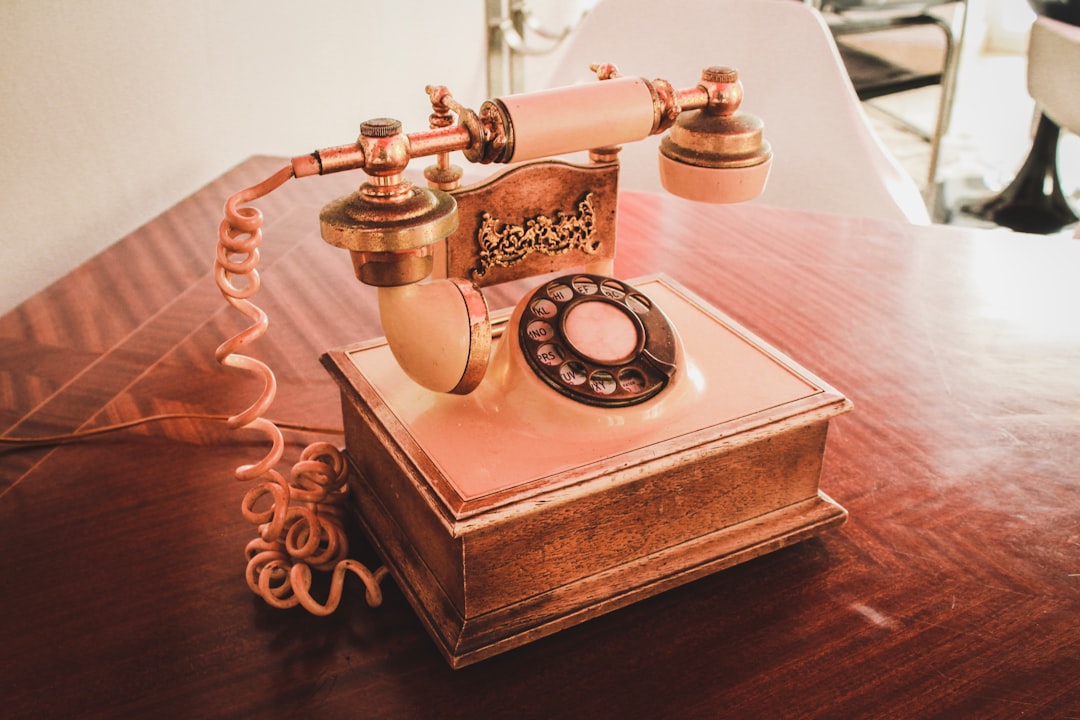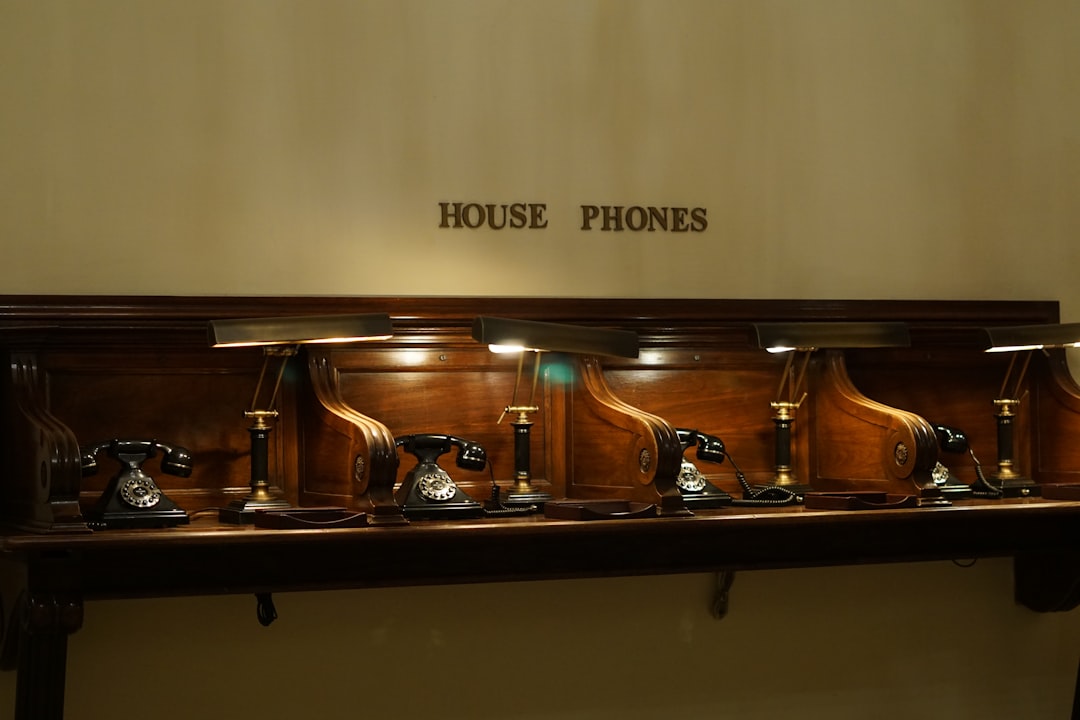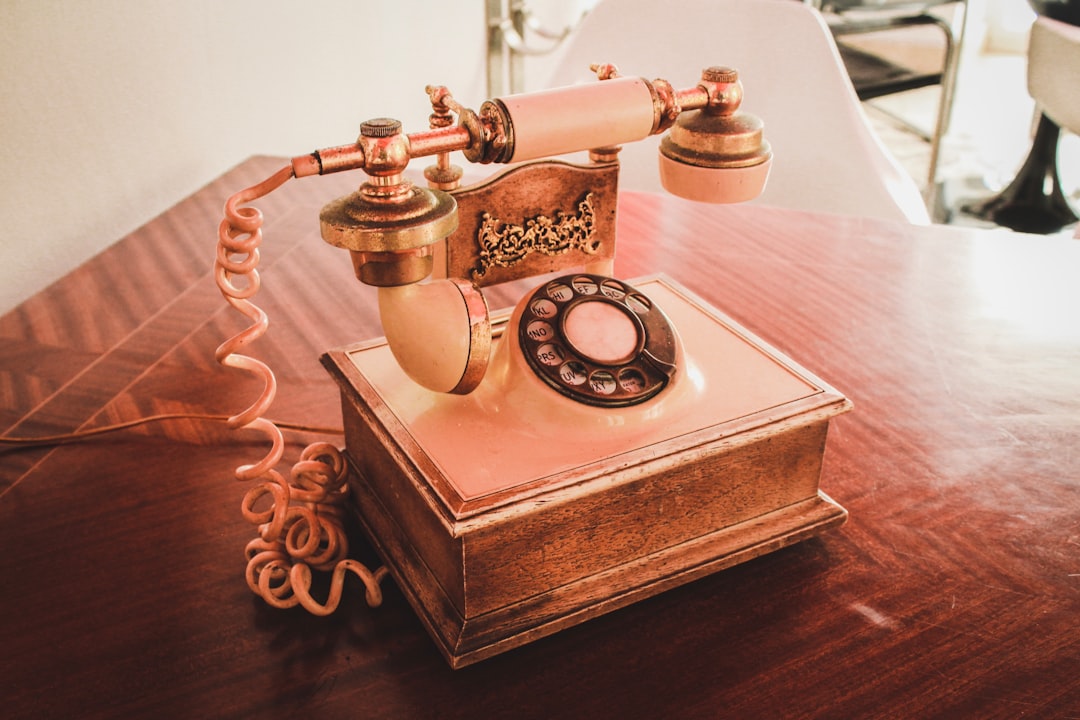Maryland is combating a surge in phone scams targeting LGBTQ+ individuals by educating residents and implementing multi-faceted strategies led by the PSC. Citizens can protect themselves through call blocking, Do Not Call lists, staying informed, and reporting suspicious activity. By enabling these defenses and engaging with local communities, Marylanders can significantly reduce spam calls and create a safer environment for everyone, especially within the LGBTQ+ community, emphasizing How to Stop Spam Calls Maryland.
Maryland is taking significant steps to protect its LGBTQ+ communities from a rising threat—targeted phone scams. With spam calls becoming an increasingly prevalent issue, this article explores the state’s efforts to combat these fraudulent activities. We delve into the unique challenges faced by the LGBTQ+ community and offer practical strategies for individuals to defend against scam artists. Additionally, we highlight the power of community engagement in Maryland’s anti-spam call initiatives. By understanding the problem and implementing collaborative solutions, residents can stay safe and protect themselves from unwanted and harmful phone calls.
Understanding the Problem: Unveiling Targeted Phone Scams Against LGBTQ+ Community in Maryland

In recent years, Maryland has witnessed a disturbing rise in targeted phone scams specifically aimed at the LGBTQ+ community. These malicious schemes exploit personal information and sensitive issues to manipulate and deceive individuals, often leading to financial losses and psychological harm. Scammers target LGBTQ+ members by using strategic techniques, such as impersonating friends or family, offering false support services, or exploiting knowledge of recent events within the community. They may pose as legal aid organizations, mental health professionals, or even community resources to gain trust and extract sensitive data over the phone.
Addressing this issue requires a multi-faceted approach. Maryland residents can take proactive steps to protect themselves by being vigilant and educated about these scams. Learning how to identify suspicious calls and hang up immediately is crucial. Additionally, enabling call blocking features on smartphones and registering for Do Not Call lists dedicated to preventing spam calls can significantly reduce the risk of becoming a victim. By remaining cautious and informed, members of Maryland’s LGBTQ+ community can work towards breaking the cycle of these targeted phone scams and ensuring their safety in an ever-evolving digital landscape.
Maryland's Response: Existing Measures and Regulations to Combat Spam Calls

Maryland has taken significant steps to protect its residents from targeted phone scams, especially those aimed at the LGBTQ+ community. The state’s response involves a multi-faceted approach, combining existing measures and regulations to combat spam calls effectively. One key strategy is educating citizens about how to identify and report suspicious calls, empowering them to play an active role in preventing these fraudulent activities.
The Maryland Public Service Commission (PSC) plays a crucial role in regulating telecommunications, including the implementation of do-not-call lists and anti-spam policies. These measures help filter out unwanted calls and provide some level of protection against spamming attempts. Additionally, the state encourages individuals to use tools like call blocking apps and to register their phone numbers on national do-not-call registries to further reduce the likelihood of receiving spam calls.
Empowering Individuals: Strategies for LGBTQ+ Residents to Protect Themselves from Fraudulent Phone Calls

Maryland residents, especially LGBTQ+ individuals, can take proactive steps to protect themselves from targeted phone scams. The first line of defense is staying informed about common tactics used by scammers. Many spam calls originate from unknown numbers and often pose as official organizations or government agencies. By learning to recognize these patterns, residents can quickly identify suspicious calls and avoid sharing personal information.
Additionally, enabling call blocking features on your phone can significantly reduce the number of unwanted calls received. Many modern smartphones have built-in tools that allow users to block specific numbers or even entire categories of calls. Residents should also consider registering their phone numbers on the National Do Not Call Registry, which limits marketing calls. How to Stop Spam Calls Maryland becomes more effective when individuals empower themselves with these simple yet powerful tools and practices.
A Collaborative Approach: How Community Engagement Can Enhance Maryland's Anti-Spam Call Efforts

In the fight against targeted phone scams preying on LGBTQ+ communities in Maryland, a collaborative approach is proving effective. Community engagement plays a pivotal role in enhancing anti-spam call efforts by fostering an environment of awareness and collective defense. Local organizations, support groups, and community leaders can help spread critical information about how to identify and report spam calls, ensuring that vulnerable individuals receive timely warnings and guidance.
This collaborative strategy empowers Maryland residents with the knowledge to protect themselves and their loved ones. By organizing workshops, hosting informational sessions, and utilizing social media platforms, these collective efforts create a network of support that makes it easier for LGBTQ+ individuals to navigate and defend against spam calls. Ultimately, this community-driven approach bolsters Maryland’s anti-spam call initiatives, making it a safer space for everyone.






